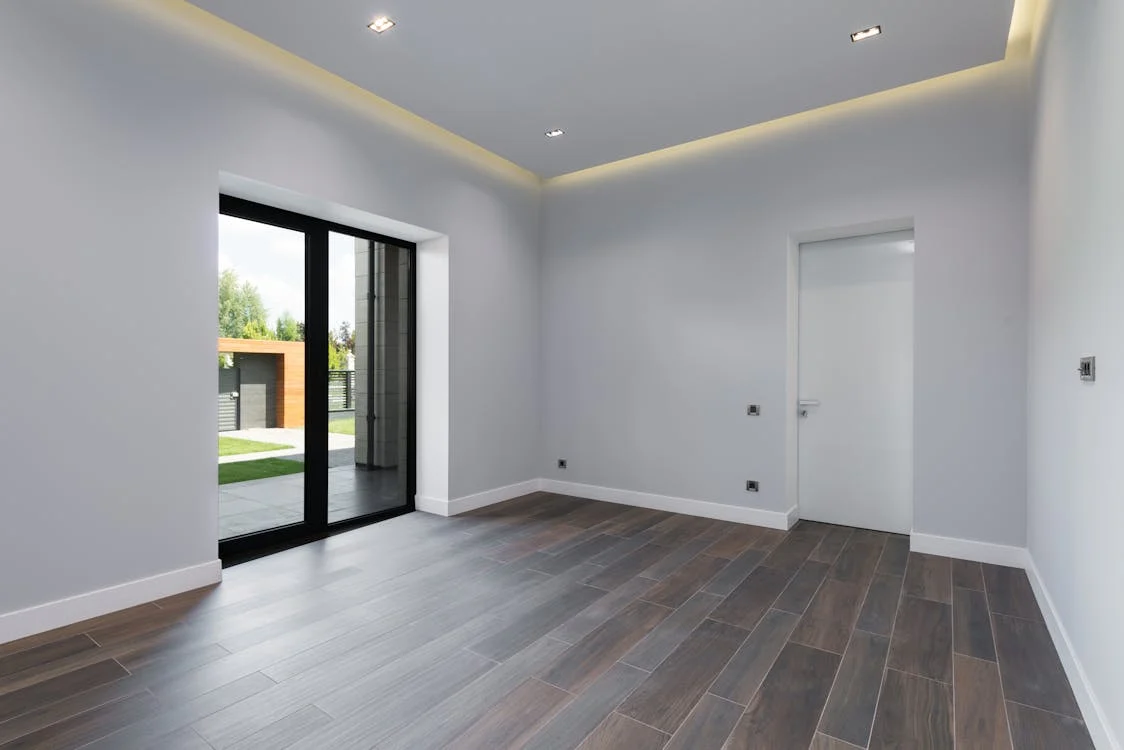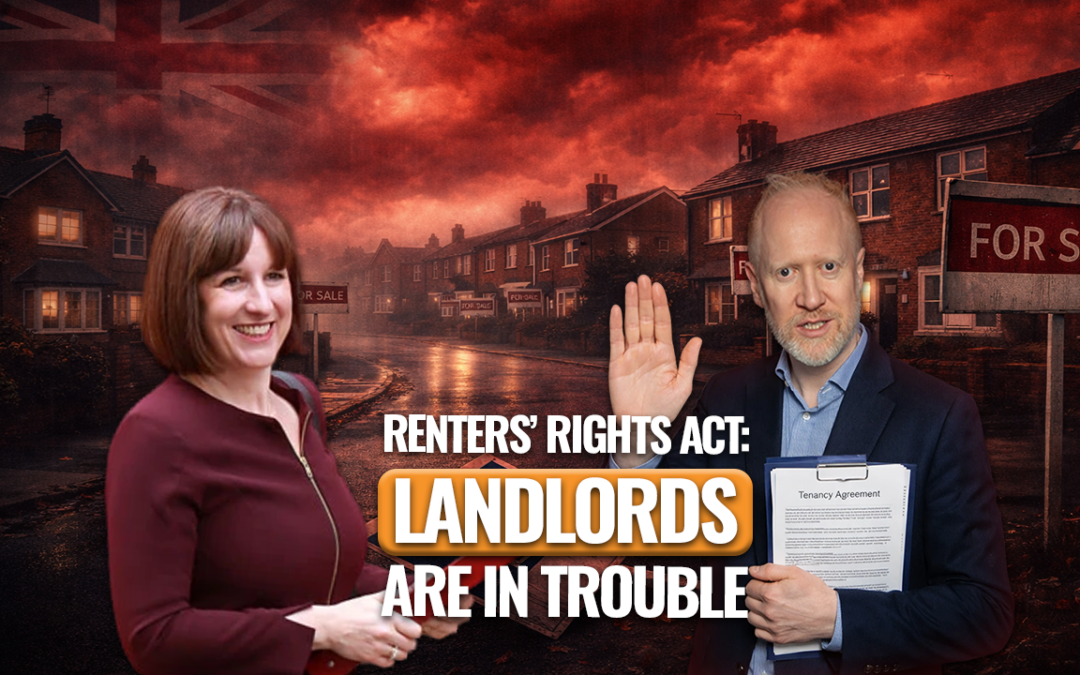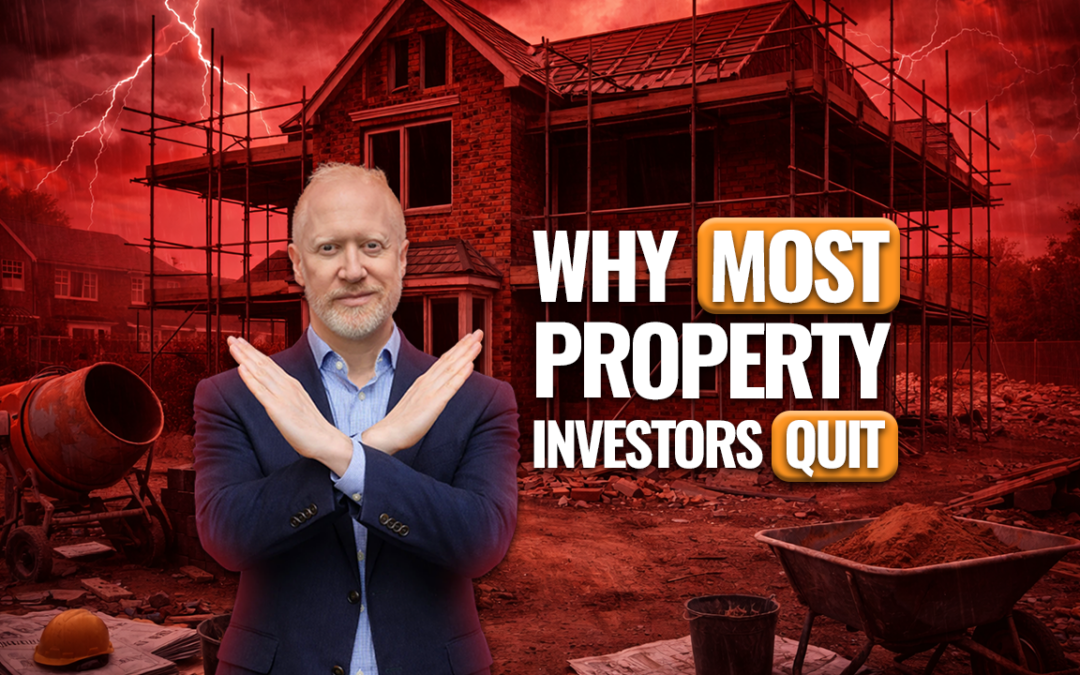One of the most common ways people get started with property investing is by inheriting a property. It might not have been planned, but for many, it’s the spark that begins their journey into building long-term wealth through bricks and mortar. The key is knowing what to do with it.
In this blog, I want to walk you through the different options available, the key things to consider, and how you can make the most of this valuable gift. Whether you’re thinking about selling, moving in, or turning it into a rental, there’s a lot to unpack.
Understanding Your Options
When you inherit a property, there are really only three main paths you can take. You could sell the property and divide the proceeds. You might decide to move into the property and make it your own home. Or you could choose to rent it out and begin generating a regular income. Each of these options has its pros and cons, and the right choice for you depends on your personal circumstances, the condition and location of the property, and whether or not there are other beneficiaries involved.
Who Else Is Involved?
If you’re the only person named in the will, that makes things a bit simpler. You can weigh up your options and choose what’s best for you. But in many cases, there are siblings or other family members also inheriting the property. That’s when it can get a little more complicated. You’ve got to take everyone’s views and needs into account. Some people might be keen to sell the property quickly so they can access the money. Others might want to hold onto it as an asset. You might have one sibling who wants to move in and live there, while the others are hoping to invest elsewhere. Honest conversations early on can help prevent disagreements later.
Thinking About Selling
If the plan is to sell the property, you’ll need to look realistically at what kind of price you can expect to achieve. This will depend heavily on the condition of the property. If the previous owner had lived there for 20 or 30 years without much modernisation, it’s likely that the property will need some work before it hits the market.
The big decision is whether to carry out that work yourself in order to increase the sale price, or just sell it as-is and let someone else do the updating. This decision, of course, needs to be agreed upon by everyone involved if there are multiple beneficiaries.

Moving In Instead
Let’s say instead you decide not to sell. One option is to move into the property. Some people feel an emotional pull to keep a home that’s been in the family for years. If you want to live there y might be quite straightforward, particularly if there’s no mortgage on the property.
But if there is an existing mortgage or if other beneficiaries need to be paid their share, you may need to raise a mortgage yourself. In this case, because it’s a residential property and you’re planning to live in it, your personal income and affordability will come into play. The lender will assess whether you can afford the repayments, and depending on your earnings, this could either be easy to arrange or a bit more challenging.
Turning It Into a Rental Property
Another route—and one that many investors choose—is to turn the inherited property into a rental. You might already have tenants in place if the property was being rented out previously. If that’s the case, it’s worth taking a close look at the rental agreement and the condition of the property.
Often, landlords who’ve owned a property for a long time haven’t kept rents in line with market rates or kept up with modern standards. A bit of refurbishment and an increase in rent could significantly boost the property’s value and your monthly income. If you don’t have the cash to make improvements, refinancing the property could release the funds you need to carry out the work.
A Real-Life Example
I remember chatting to someone who’d inherited his father’s home. He’d been slowly refurbishing it himself over evenings and weekends for nearly a year. When I suggested he remortgage to get the work done faster, he told me he couldn’t because he already had a residential mortgage.
He didn’t realise that while you can only have one residential mortgage, you can have multiple buy-to-let mortgages. He thought he was blocked, when in fact he had a very viable option available. If he’d refinanced the property straight away, he could have paid a team to do the refurbishment quickly and had the property rented within a few months instead of a year. Yes, it would have cost him more upfront, but he would have earned rental income sooner and probably ended up in a better financial position overall.
Refinancing to Pay Out Family
Refinancing isn’t just useful for funding refurbishments. It can also be a smart way to pay out siblings or other beneficiaries who want their share of the inheritance.
For example, if the property is worth £300,000, and you can raise a 75% buy-to-let mortgage, that’s £225,000 in cash. That money could be used to pay off family members who want to exit, while you keep the property as a rental asset. And because a buy-to-let mortgage is based on the rental income potential rather than your salary, it might be more achievable than a residential loan.
Is the Property Actually a Good Investment?
A brilliant question to understand seller priorities is this: “What’s most important to you about the sale –getting thBefore you commit to keeping the property, ask yourself if you’d actually buy it as an investment property today. Is it in a good location? Is it the right size? Would it appeal to reliable tenants? Does it stack up financially once you account for refurb costs and running expenses?
Some inherited properties are perfect investment opportunities. Others are better sold, with the proceeds reinvested in something more suitable. It all comes down to whether the numbers work and if it fits into your long-term strategy.
Preserving the Gift for the Future
The other thing to consider is how you protect the value of the inheritance. This gift, likely from a parent, grandparent, or close relative, is more than just bricks and mortar. It’s a legacy. It’s something that can help you create financial security for yourself and potentially for your children and grandchildren.
That’s why it’s worth taking your time, getting the right advice, and educating yourself before making any big decisions. No one teaches us this stuff in school. We learn how to get a job, how to pay bills—but not how to invest, how to grow wealth, or how to handle something like an inherited property. That’s where education becomes so powerful.
Where to Go from Here
If you want to learn more about investing, a great place to start is by coming along to your local property investors network (pin) meeting. We’ve got 45 locations around the UK, and a couple in the Netherlands too. You can find the full list of meetings at www.pinmeeting.co.uk. It’s £25 to attend, but if you’ve never been before, use the voucher code podcast and you can come along completely free of charge. No catch—just come along and see what you’ve been missing out on.
If you want more personalised support, you can also book a free strategy call with one of my team. They’ll talk through your situation and help you figure out the best next steps. Whether that’s getting started with training, or working out how to make the most of your inheritance, we’re here to help.
Inheriting a property could be your stepping stone into the world of property investing. If you use it wisely, it could be the thing that sets you and your family up for long-term financial success. So take your time, get educated, and remember to invest with knowledge and invest with skill.












